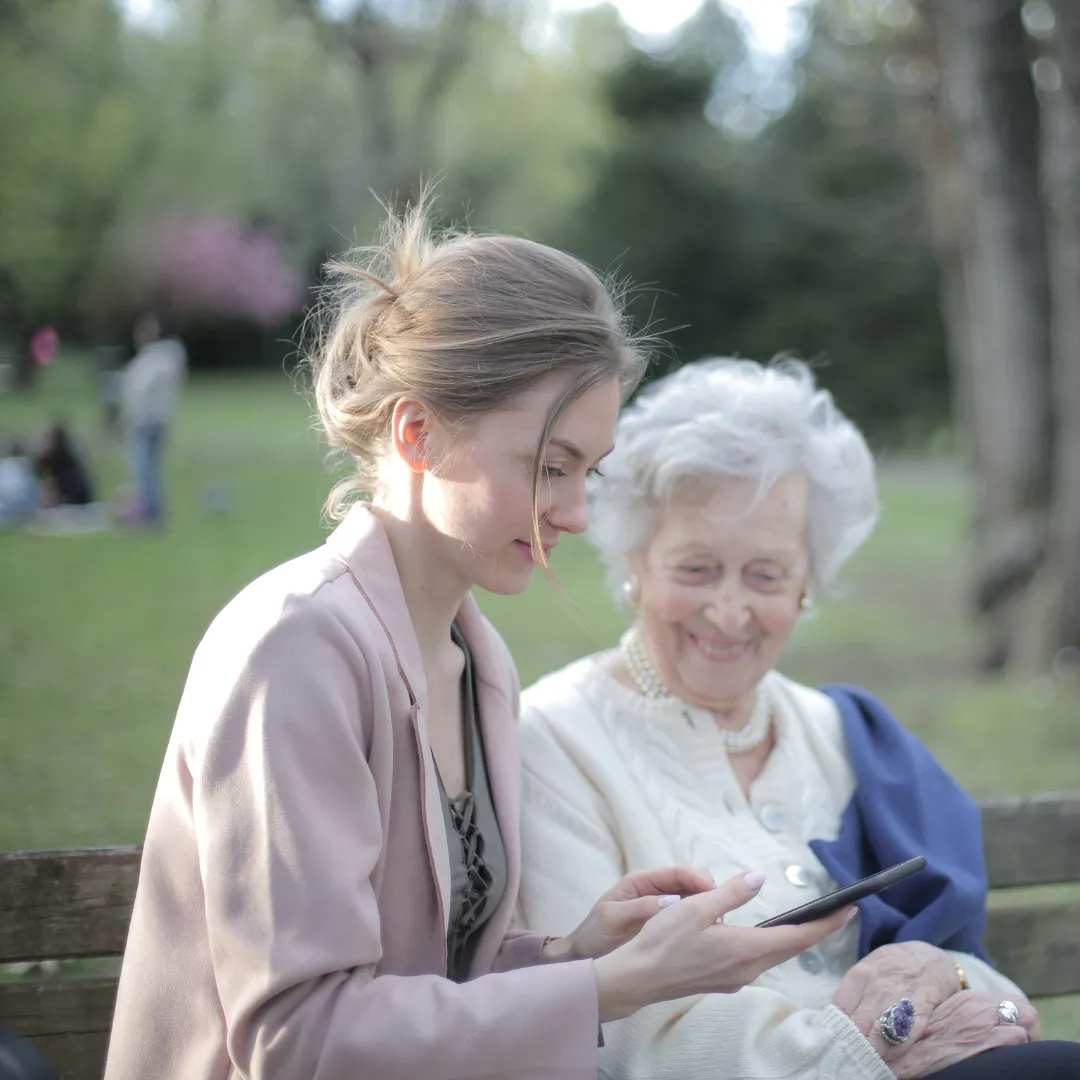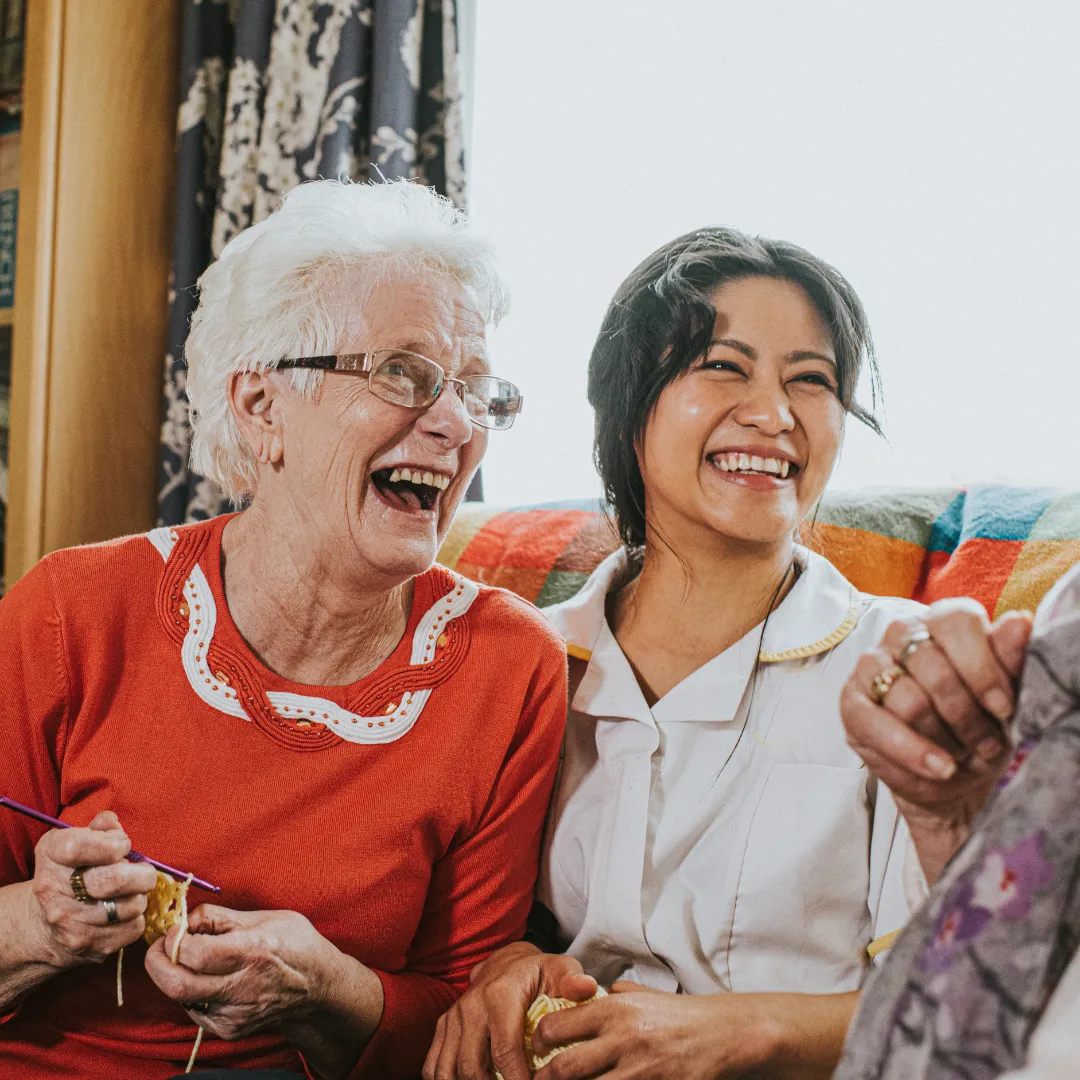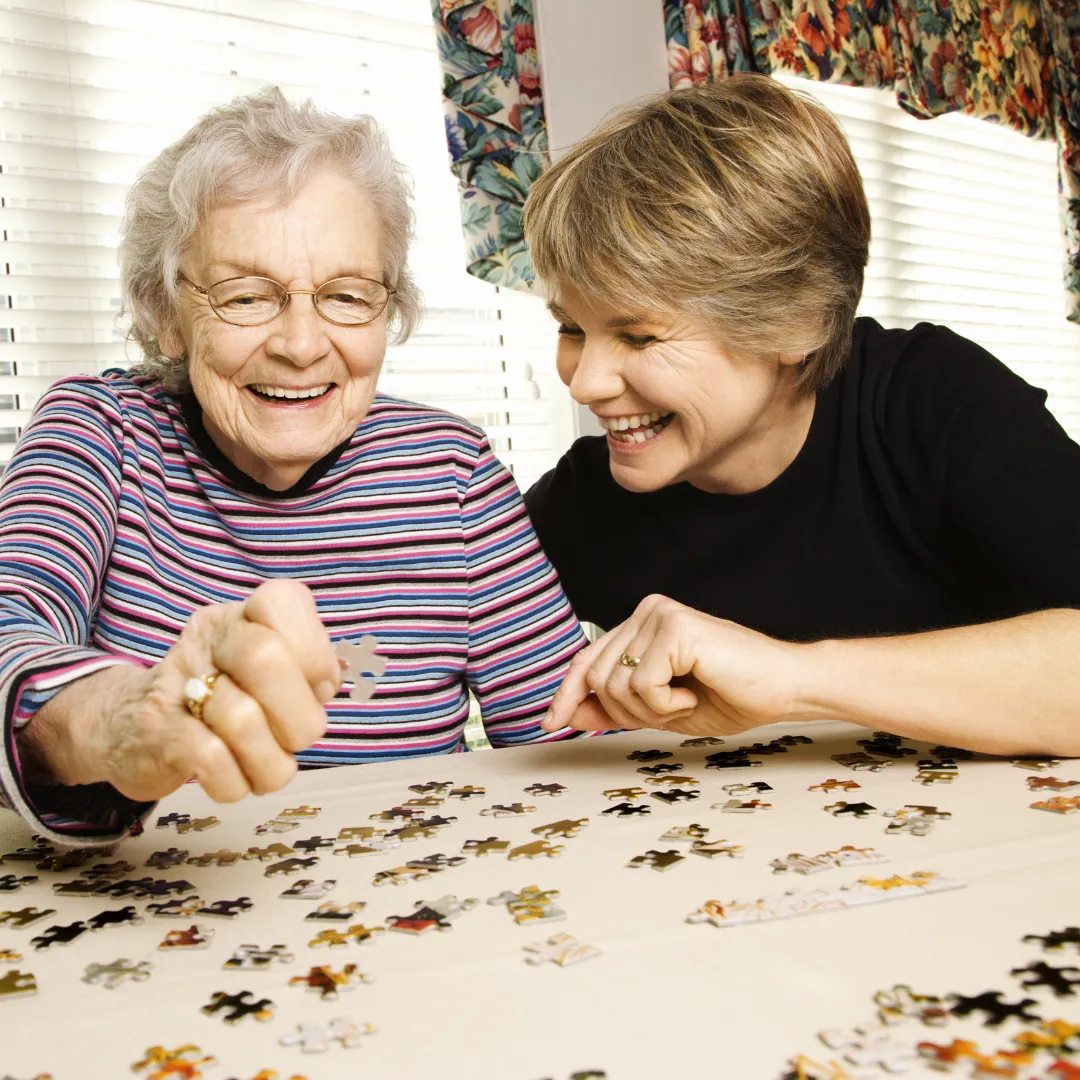
Our Vision: A Tapestry of Shared Journeys
We envision Honoring our Roots as that tapestry, rich with interlaced interactive communities with commonality, expert led resources, professional support ,education one on one consulting.
MY APPROACH
Compassionate Guidance Honoring our Roots
At Honoring our Roots, my approach intertwines passion with professional insight, offering a unique blend of expert led webinars and resources with practical solutions. I have over two decades in healthcare, I understand the emotional and logistical complexities of caring for your aging parents. My commitment is to provide a fully integrated all in one platform. Which is a uniquely tailored theme supporting your aging parents in the sandwich generation. At the heart of honoring our roots is a thriving community, where shared experiences and mutual support create a nurturing environment for everyone navigating this journey.
A Glimpse into the Heart of Honoring our Roots
Dive into articles that aren’t mere text but life lines comprehensive insights, stories, and strategies that support you and your aging loved one.

How to Talk With Your Siblings About Aging Parent’s Care
1. Call For A Sibling Meeting
When you have concerns about your aging parents’ needs or care, it can be helpful to call for a meeting between you and your siblings so that everyone can get on the same page.
This is really important because you may have your own ideas about how things should be done while your siblings have their own ideas. Not to mention that you may be aware of some of your parents’ care needs and your siblings may be aware of other care needs. As you can see, it really does make sense to plan some time together to get on the same page!
Helpful hint: Starting these conversations early will help to alleviate the pressure of having to address everything in one meeting.
2. List What Needs To Be Done
When you do meet to talk about your aging parents’ care and needs, it can be helpful to list out everything that needs to be done.
After coming up with the list, prioritize the items to help you get a sense of what needs to be done now and can wait. For example, if your parent has just been in the hospital and has discharged home, start with the tasks related to your parent’s current needs.
When you create your list, talk about what’s currently working well, what’s not working so well, and what tasks need to be assigned.
You might consider:
Who will accompany your parents to the doctor?
Who will help your parents with meals?
Who will help your parents run errands?
Who will help your parents manage finances?
Who will help mow the lawn or clean the house?
Who will give your parents emotional support?
3. Divvy Up the Tasks
Once you have listed the various tasks, divide them up among each of you. It can help to consider where each of you are living in proximity to your parents as you divvy up the tasks.
For example, if you’re living in the same city as your aging parent, you might agree to do more of the hands-on tasks like taking your parent to the doctor, going to the grocery store, or coordinating meals.
If you’re the one living in close proximity to your aging parents, you might find that many of the care tasks fall on you, and as a result, your parents may start to rely on you even more when they begin to need more help.
Meanwhile, it seems like your siblings who live further away get to pick and choose how much they want to be involved. This is a recipe for burning you out and straining your relationships with your siblings. So, when you notice this happening, reach out to your siblings and ask to revisit the conversation on divvying up tasks.
If you live in a faraway city or state, consider helping with financial planning or calling around for resources. You might even take on some of the emotional support for your aging parents by having regular phone conversations and checking in with them about how they’re doing. It’s really important if you live in another city or state to be willing to offer consistent help and support to your parents so that not all of the burden falls on the person who lives closest to your parents.
Bonding Tip! When talking on the phone, make it a point to tell your parents about your own life and activities. Aging parents love to know how their adult children are doing! They want to know that the people that they brought into this world or raised (YOU!) are living a full life. So, show them you care by sharing the details of your life, relationships, trips, and adventures. They want to feel included, even if it’s just over the phone!
Bonus: Set them up with Skype, FaceTime or WhatsApp for face to face calls. Your parents want to see your beautiful face!
4. Be Aware of One Another’s Strengths & Limitations
As you divide up tasks, consider each other’s strengths and limitations. If you have a sibling who’s really good at managing money, but not so good at TLC, consider them for financial management tasks. If you have a sibling who enjoys grocery shopping and making meals, consider them for this task. If you hate going to the doctor, choose a different task.
I’ll share some of my personal limitations and strengths.
My family teases me when it comes to making meals. Since I was a teenager my mom and brothers would joke whenever I would cook and say that I burn water. Don’t get me wrong! I love to eat and I will spend what feels like half of my mortgage on a delicious meal, but I have no creativity when it comes to preparing food and I HATE going to the grocery store. So, when it comes to helping my aging parents, meal planning and preparation would NOT be the task that I would sign up for. This is a limitation for me.
On the other hand, I’m literally an expert at going to the doctor and being in hospital settings. I started volunteering in hospitals when I was 14 years old and have been affiliated with hospitals and medical clinics ever since. I’m super comfortable in hospital settings (inpatient, outpatient, cancer clinics, skilled nursing facilities, even hospice care communities). So, helping my parents with their medical care is something that I would sign up for. I’m really good at it. And, it’s meaningful to me. I consider this a strength!
5. Respect Each Other’s Boundaries
There’s an unspoken belief in caring for aging parents that you must be the dutiful caregiver and take on whatever needs to be done at the expense of your own boundaries and needs.
It’s important to know that it’s ok and actually even healthy to have boundaries when it comes to caring for your aging parents. This goes for you and this goes for your siblings!
The discussion around boundaries takes some work because most of us are not practiced in identifying and communicating our boundaries. So, let me help.
Here’s a simple way to communicate about boundaries in caregiving!
The same goes for your siblings. When your sibling tells you that they have a boundary around a caregiving task, it’s important that you respect their boundaries as well.
In my practice, I frequently see families who struggle with getting clear about boundaries, communicating boundaries, and honoring one another’s boundaries. This can lead to all sorts of strain in sibling relationships, resentment, and even not talking to one another for months or years.
FAQ: “So now that we have all of these boundaries, what do we do when our parents need more care than we can provide?”
You may find that your parents need more care than you or your siblings can give. If this is the case, it can be helpful to learn about various living options for older adults and support programs.
6. Communicate Respectfully & Be Kind
As you and your siblings talk about your parents’ care, it’ s important to communicate respectfully and be kind with one another. You and your siblings are going through an emotional time. It’s painful and scary to see our parents decline and lose independence.
Being compassionate with one another will help you weather many of the storms that come with caring for aging parents. The more you’re able to be kind and compassionate with one another, and treat each other respectfully, the better.
FAQ: How do I communicate respectfully when I’m overwhelmed?
If you find that you and your sibling are talking over each other, raising your voices, or one of you is talking loudly and the other has shut down, this would be the time to say. “You know what? I’m getting overwhelmed and not communicating effectively. Let’s take a break and set up another time to talk. Would you do be willing to do that with me?” Then you must ask to come up with a time to talk.
Taking responsibility for your own feelings, asking to take a break, and saying that you’d like to return to the conversation at a calmer time will help you and your sibling remain kind and respectful with each one another, AND will strengthen your relationship! This is easier said than done, so really be kind to yourself as you try this.
7. Manage Your Expectations
Sometimes with caregiving we have expectations and ideals that the care we (or our siblings) give to our aging parents has to be perfect – the thing that Hallmark stories are made of.
But, life doesn’t work out that way. When you’re stressed, have deadlines at work, your aging parent is in the hospital, and your adolescent is going on their first plane ride without you, suddenly the Hallmark fantasy comes crashing down and you have to figure out how to let “good enough” be ok with some of your caregiving tasks.
The same goes for your expectations of the care your siblings provide to your parents. Caring for aging parents is hard and we all have to figure it out in our own way. It’ll help your relationship with your siblings, if you give them the space to provide care in their own way.
Take home message:
Treating yourself and your siblings with loving kindness and respect while going through the emotional process of caregiving can prevent resentment and burnout when caring for aging parents. And, can actually strengthen the bond between you!

How to Talk With Your Siblings About Aging Parent’s Care

Caring for Aging Parents: Caregiving Tips

How to Talk With Your Siblings About Aging Parent’s Care
Honoring Our Roots has been a true lifesaver for our family as we navigate the complexities of caring for aging parents. Lauras compassionate guidance and expert resources have made a significant impact. The tailored support for the sandwich generation and the thriving community create a nurturing environment. I highly recommend their services!
- Emily Johnson
SERVICES OFFERED
Honoring our Roots provides a range of services including Guided Insights on Healthcare, Tailored Trainings, Personalized Care Plans, and a Caring Community platform. Members can access Expert Webinars, Interactive Forums, and receive Exclusive Consultations. The platform also features a Resource Library, Caregiver Support, and a mobile app for on-the-go access.

FREE CALL
Are you currently seeking a new living placement for a senior family member?
I'd be happy to assist you in the search for a senior facility that meets the needs of your loved one." I'll be with you every step of the way as we find the one that best suits your loved one's needs. "There's no cost involved in using this service. "Our services are limited to facilities in Minnesota.
FREE DOWNLOAD
Headline that hooks people in, gets them excited and makes them want to sign up.
© Copyright 2023 Aging Parent Alliance